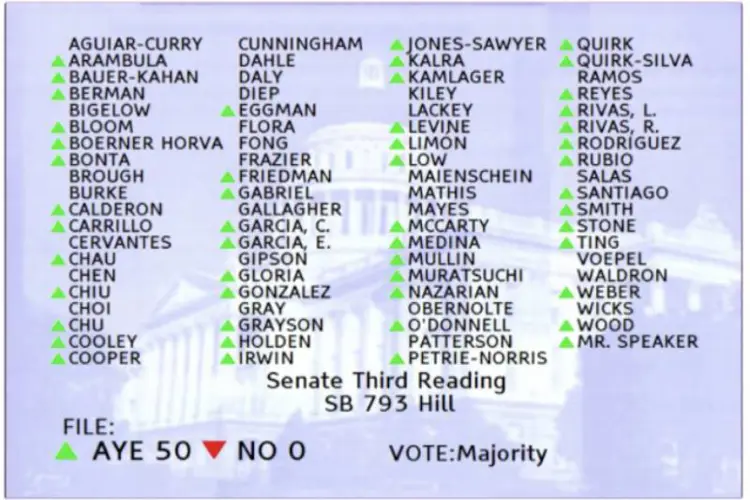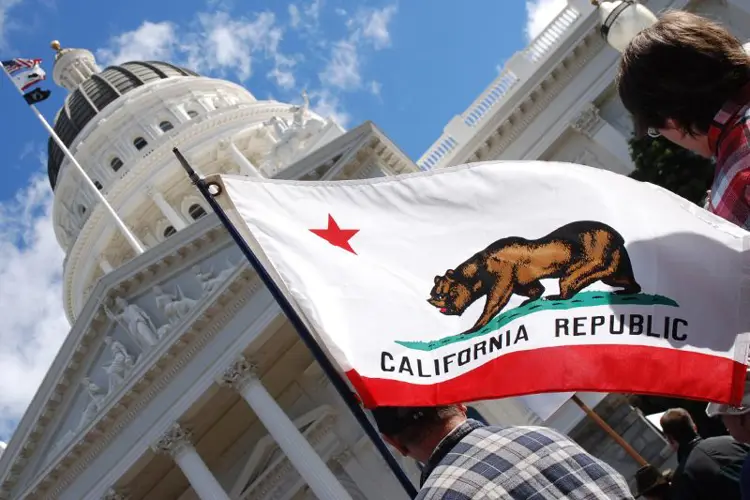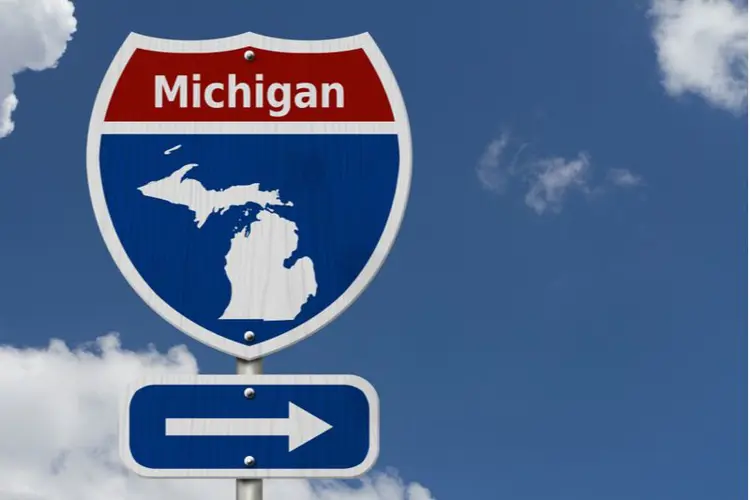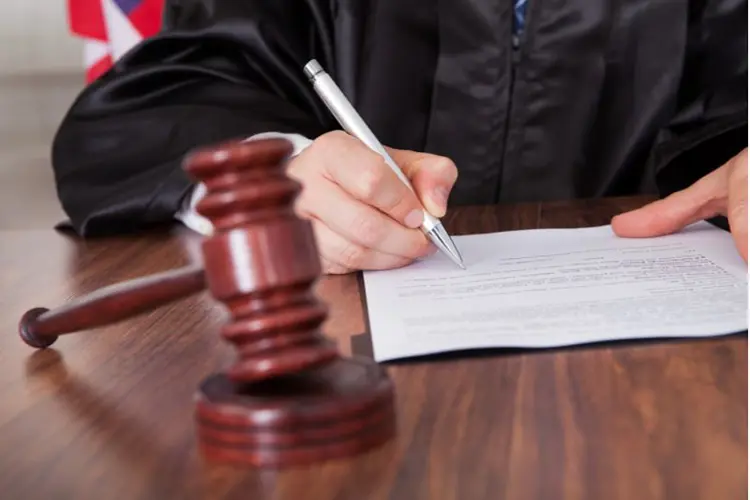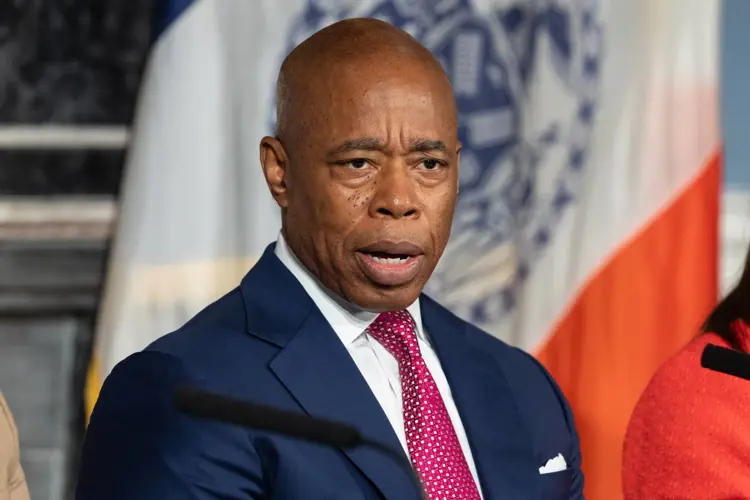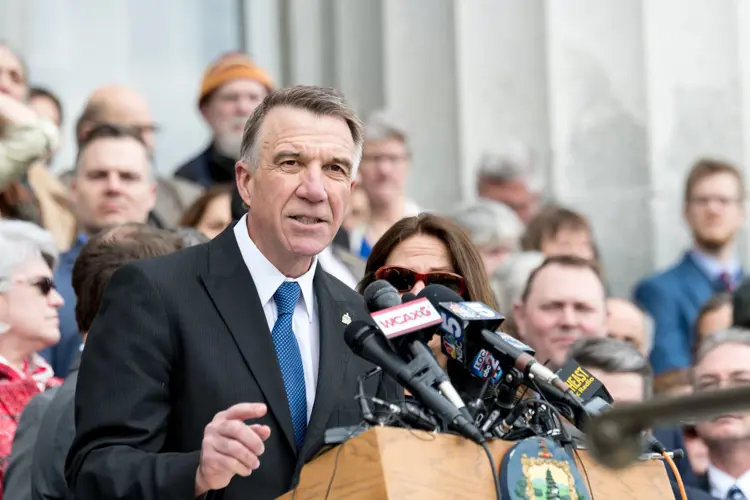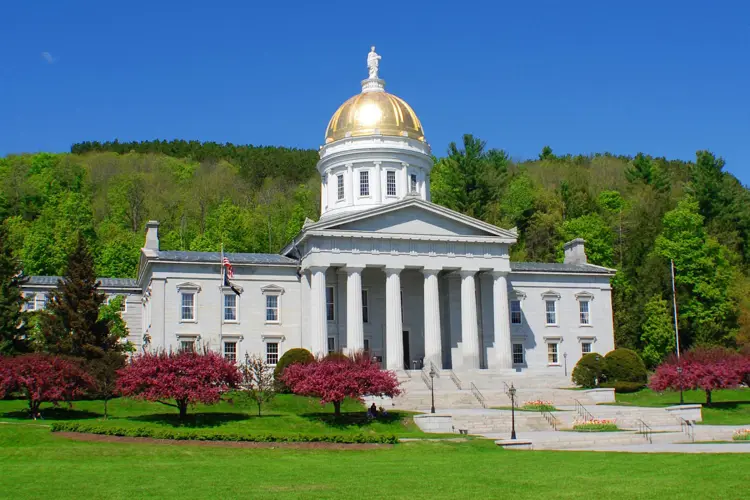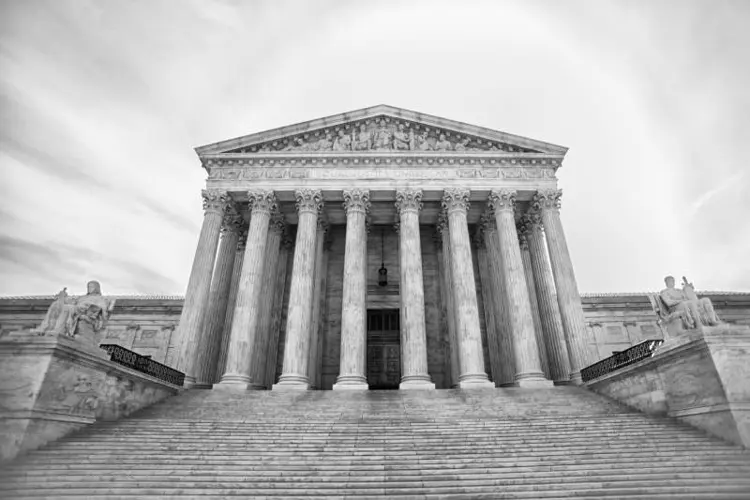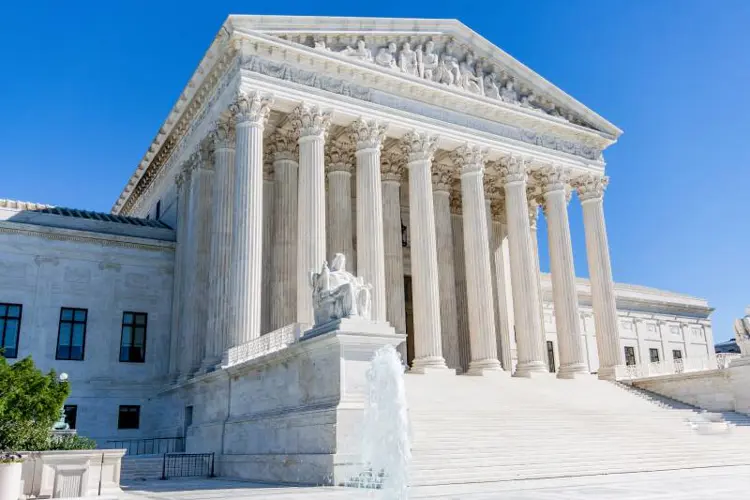The California Assembly today passed SB 793, a bill that will ban the sales of flavored vaping products in brick-and-mortar stores. The bill, if it becomes law, will also ban sales of menthol cigarettes, and flavored smokeless tobacco and small cigars.
The vape ban bill will now be reconciled with the already-passed state Senate version (which requires another vote in the Senate), then go to Governor Gavin Newsom to be signed into law. Newsom has already indicated he will sign the bill.
The amendments in the final Assembly version of the bill include exemptions to the flavor ban for hookah products, pipe tobacco and premium cigars. The independent vaping industry—once a force that turned out hundreds of vapers and vape shop owners to oppose California legislation—was barely able to muster any opposition at all, although thousands of individual vapers responded to calls to action and sent messages to legislators opposing the bill.
Even Juul Labs and the major tobacco companies were unable to successfully lobby for an exemption that would exclude products that receive PMTA approval in the future. That means a product could receive marketing approval from the FDA, but still be banned in California.
While the bill only bans sales in brick-and-mortar retailers, California passed a law last year that makes online purchases more difficult. That law placed restrictions on online and mail order sales of all vaping products, including an adult signature-on-delivery requirement.
After weeks of a pressure campaign by some black activist groups to convince minority legislators to oppose the bill based on racial justice, the Democrats who opposed it either changed their votes to yes or didn’t vote at all. The final vote was 50-0, with all 17 Republicans, 12 Democrats and one independent member not voting rather than going on record opposing the state’s powerful tobacco control interests. [Note: the vote was left open after time ran out. The votes now show 58-1.
It is unlikely that the bill can be stopped now. Tobacco control groups support the current version of the bill—even with the unwanted exemptions for hookah, pipe tobacco and cigars. Those powerful anti-vaping/smoking groups are the real opinion leaders among state Democrats who have majorities in both houses of the California legislature.
The B&M flavor ban in California will more than double the number of Americans who no longer have access to flavored vaping products in retail stores. With 40 million residents, California is the most populous state in the country.
Assuming SB 793 becomes law, California will become the fifth state to ban face-to-face sales of flavored vaping products (the other states have also banned online sales). The states with existing flavor bans are:
Florida Governor Ron DeSantis will soon decide whether to sign or veto a flavor ban bill from the state legislature. State vaping businesses are leading a campaign to persuade DeSantis to veto the flavor ban.
The Freemax REXA PRO and REXA SMART are highly advanced pod vapes, offering seemingly endless features, beautiful touchscreens, and new DUOMAX pods.
The OXVA XLIM Pro 2 DNA is powered by a custom-made Evolv DNA chipset, offering a Replay function and dry hit protection. Read our review to find out more.
The SKE Bar is a 2 mL replaceable pod vape with a 500 mAh battery, a 1.2-ohm mesh coil, and 35 flavors to choose from in 2% nicotine.
Because of declining cigarette sales, state governments in the U.S. and countries around the world are looking to vapor products as a new source of tax revenue.
The legal age to buy e-cigarettes and other vaping products varies around the world. The United States recently changed the legal minimum sales age to 21.
A list of vaping product flavor bans and online sales bans in the United States, and sales and possession bans in other countries.

